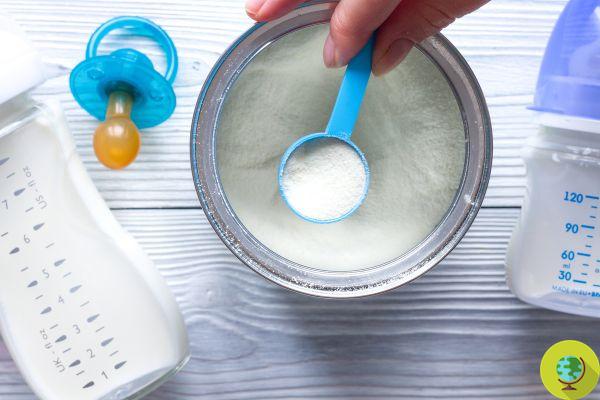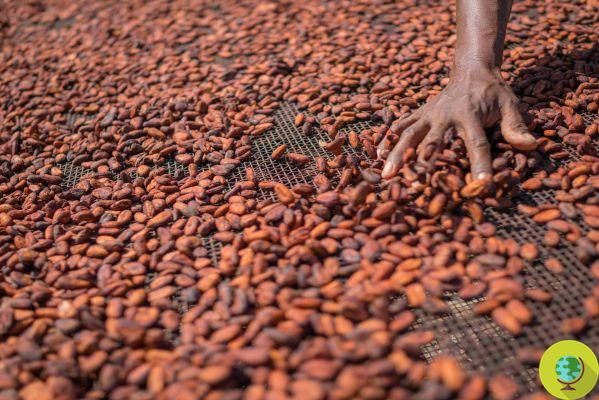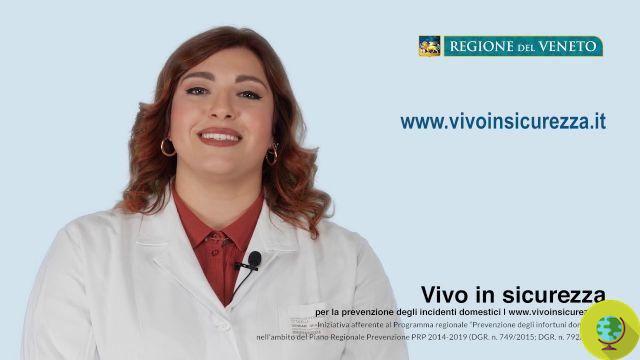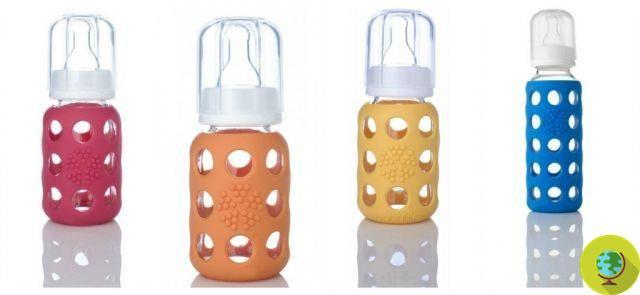
According to a new review, studies on formulated milk are often biased, opaque and therefore unreliable
Don't store avocado like this: it's dangerousAs is known, breastfeeding is always to be preferred, also considering that the studies on formula milk can be partial, not completely independent and, in fact, not reliable. This is supported by a new scientific review published in BMJ.
Clinical studies conducted over the last few years on infant formulas may be a little too biased or at least not entirely transparent. A new systematic review of previous studies states that there is a need for a "substantial change" in how these studies are done to protect consumers from misinformation.
What is the underlying problem? As the review authors write:
The formula industry is closely involved in infant formula trials, results are almost always reported as favorable, and little transparency exists on trial objectives or reporting of results.
Not surprisingly, in recent years, scientists and academics have repeatedly questioned the validity of studies on infant formula. The new revision was carried out precisely in an attempt to answer the many doubts.
The new research was carried out by an international team of 10 experts, funded by the Imperial Health Charity, who set themselves the goal of evaluating how they were conducted and reported. 125 studies on formulas. What was interesting to understand was in particular the risk of bias and whether the studies could somehow condition and compromise breastfeeding.
These were small studies conducted mainly in Europe (42%) but also in Asia (28%) or North America (18%), in which interventions on formulas of different kinds were studied:
- prebiotics or probiotics (42%)
- changes in source or protein content (29%)
- fat content (12%)
What was evaluated in the interventions on the formulas was above all:
- weight gain (36%),
- intestinal health (26%)
- nutrient absorption (10%)
- allergy (6%)
According to the review, 80% of the studies had a high risk of bias, biases due to inappropriate participant exclusion or selective reporting. However, in the end, the results gave a favorable outcome in 84% of cases to the intervention formula, while the control formula was favored in only 12% of the studies.
Of the 117 studies they reported the source of funding obtained to conduct the research, 84% reported the infant formula industry (in 7 cases, however, it was only a donation of the formula analyzed in the study). On the other hand, 6% of the studies did not mention a precise source of funding.
An important detail emerges from the review to reflect on: only 14% of the studies had no conflicts of interest, that is, the main source of funding had no commercial interest in the results obtained from the research and the authors had no financial links in any way with companies affected by the results of the study.
The researchers also say they have found evidence that such studies (in 87% of cases) could contravene the International Code for the Marketing of Breastmilk Substitutes, for example by providing free formulas to parents of breastfed or following infants. mixed breastfeeding.
In an environment where experimenters and regulators may require high consumption of infant formula to better respond to scientific uncertainties, there is a risk of creating an incentive structure within a study that promotes the use of formula instead of milk. maternal, with substantial health risks for the participants.
Researchers claim that much of the information about formulated products could be misleading and for this they are calling for changes in the regulatory environment including better supervision, conduct and communication of studies.
It is clear that there is a need for a change in this sense, because those who use the formulas have the right to have clear, transparent and certainly not "biased" information.
Follow us on Telegram | Instagram | Facebook | TikTok | Youtube
Cast iron: BMJ
Read also:
- Brands of infant formula, so hospitals "cheat" the law and the Unicef code (even more so in the days of Covid
- Heavy metals in infant formula and fruit juices: Europe has lowered cadmium and lead levels, the list)
- Powdered milk for babies, controversial substances in formulas for premature babies. Aptamil the best of the German test


























